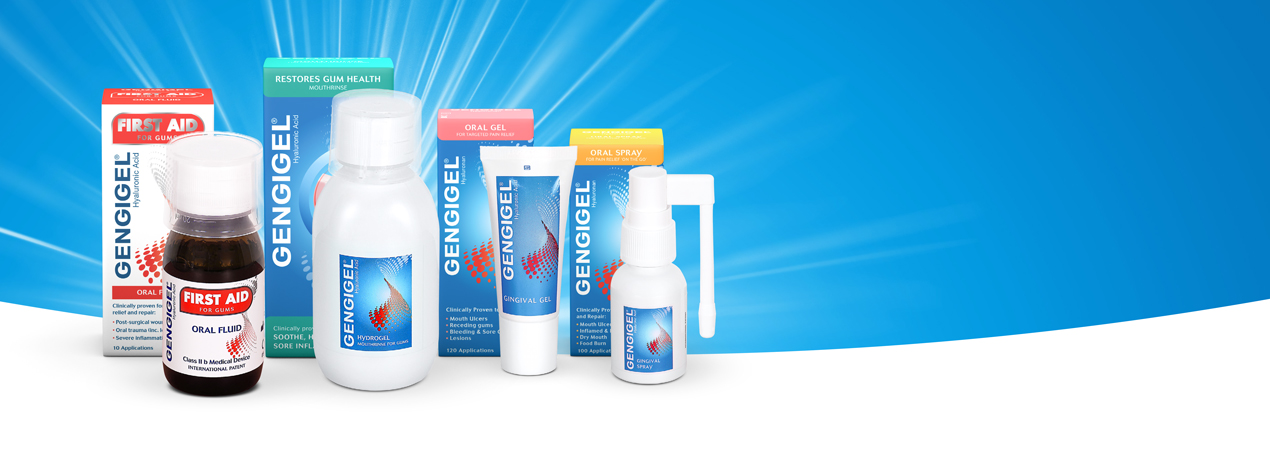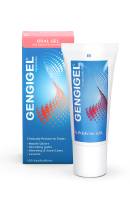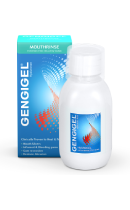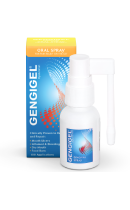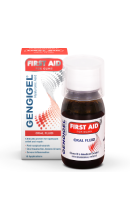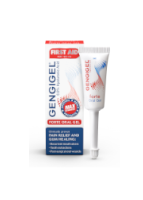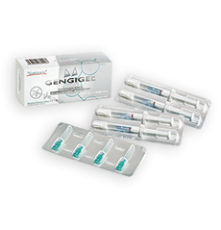Post-Surgery
What is post-surgery oral care?
Post-surgery oral care is a way of managing any conditions, pain or infections following any trauma to the head and neck area. This may be anything from biting the inside of the cheek or tooth extraction, through to major surgery such as removal of facial features like nose, tongue or eye.
People undergo oral surgery for a number of different reasons including impacted, infected or abscessed teeth and problems that cause inflammation. Oral surgery can involve anything from a root canal to the total extraction of a tooth or multiple teeth.
These procedures are designed to eradicate infection, but on occasion complications occur, and this may cause other types of infection that require further medical attention. The human body has naturally occurring bacteria; some of which are beneficial, but some bacteria have the potential to be harmful. When the body’s immune system is compromised either because of chronic illness (such as diabetes, or other conditions that lower resistance,) or surgery, the potential for infection increases.
What sort of symptoms are associated with post-surgery?
Probably the most common symptoms are swelling, pain, tenderness and bleeding. The type of surgery will dictate the level of after-care required, however infection is a serious concern following any procedure and the oral cavity needs to be carefully checked and monitored regularly.
It may be difficult to talk if surgery has been done on the voice box, mouth, jaw, tongue or throat and people may need to be tube fed to aid eating while the oral cavity starts to recover.
Having surgery to the mouth and oropharynx may alter how people breathe, chew and swallow, the way people talk, affect the sense of smell and may also change people’s appearance.
Some of these changes may happen due to swelling and soreness after surgery. These temporary changes will improve as people start to heal and swelling goes down, however, some changes may be permanent.
Can I eat and drink after oral surgery?
Whether or not people are able to eat or drink after an operation depends on the type of surgery. Any surgery to the mouth usually means people can’t eat or drink for a few days so fluid will be delivered through a drip and the mouth can be moistened with crushed ice, perhaps sips of water or an artificial saliva replacement gel.
As the wounds start to heal it will be possible to gradually increase the amount people are able to drink and to include a soft diet such as soup, jelly and pureed food. If people are being discharged from hospital they will take advice from a speech therapist or dietitian.
Good oral care post-surgery is essential and should include gargling a warm saltwater solution to help prevent infection and Gengigel First Aid to boost the mouths natural defence and manage pain and inflammation.
What are the signs of infection?
Infections after oral surgery are rare, and when they do occur, they most commonly happen with people who have compromised immune systems or are diabetic. One of the major signs of infection is bleeding for longer than normal, as most serious bleeding should stop within 24 hours of any procedure. The concern about an infection is that it could spread to other parts of your body, causing significant health problems.
In addition to prolonged bleeding, there are other signs that may indicate an infection after oral surgery which includes throbbing pain that doesn’t go away with pain medication, increased swelling of the face, jaw, or gums, oozing discharge, especially pus and a low-grade fever that either persists or increases over a few days.
In most cases, an antibiotic will need to be prescribed to help rid the infection, however keeping the mouth clean by gargling with warm saltwater and rinsing the mouth with an antibacterial mouthrinse like the Gengigel Mouthrinse as the natural presence of bacteria in the mouth increases the likelihood that bacteria could enter exposed areas.
It is always advised to manage oral pain well and to use products that will enhance the mouths natural flora to control any pain and prevent it setting in. Avoid aspirin because it thins the blood and can make the mouth bleed, therefore it is recommended to use Gengigel First Aid to control soreness and oral discomfort.
What can you do to help yourself?
Do’s
- On the day of surgery don’t overdo things. Following surgery, keep the head propped up with pillows as this limits excess swelling and bleeding.
- Holding an ice pack to the cheek can prevent much of the swelling. Ice therapy can be used for the first 18 hours. Cold should be held on the cheek for 25-minute periods and then removed for 5-minute periods.
- After the bleeding stops, it is possible to eat soft foods. Stick to a liquid or soft food diet for the first day or two, things like soups, yogurts, fruit milkshakes, smoothies and mashed potatoes.
- If taking antibiotics, take them as prescribed and make sure the course is finished.
- Keep the mouth clean. Usually it is advised not to rinse the mouth for the first 24 hours, following this period rinse 4 times a day using warm salt water and Gengigel Mouthrinse.
- Rinse after every meal and snack, making sure that the water removes any bits of food around the surgical area. It is recommended to use a soft head toothbrush and Gengigel Mouthrinse to help kill bacteria and keep the mouth free from infection.
- Follow a balanced diet. In particular, eat foods rich in vitamins A and C, which contribute to the healing process. A vitamin C supplement may also be helpful.
Don’ts
- Don’t bend over or do heavy lifting or strenuous exercise for two to three days after surgery.
- Avoid hot food or drinks until the numbing wears off. This will prevent accidental burning or chewing the cheek.
- Don’t chew hard or crunchy foods, such as carrots or peanuts in the area of the surgery for six to eight weeks.
- Don’t brush or floss teeth in the surgical area until advised and do so carefully using a soft toothbrush and low tasting fluoride toothpaste.
- Do not smoke for at least 10 days after surgery. Smoking can interfere with the healing process and the sucking motion can dislodge blood clots that are forming as part of the healing process.
- Avoid alcohol for 24 hours, as it can delay the healing process.
Will I be able to clean my teeth post-surgery?
Yes. However cleaning will not be possible in the area where the surgery was performed however it will be possible to use a mouthrinse such as the Gengigel Mouthrinse which will aid the healing process and reduce pain. Gargling with warm saltwater will reduce swelling and help minimize pain.
How do I manage dry lips & mouth, sore throat and bad breath?
Having surgery can cause issues with the mouth and throat, especially in the days immediately following surgery. People may wake up from surgery and find that the throat is sore or even feeling raw, and the mouth may be dry. Some find that they have bad breath after surgery. These things are easily remedied and often pass very quickly with minor interventions.
If the lips are very dry or scaly feeling, gently scrub with a moist washcloth to remove any dead skin. After that, a generous application of lip balm will help soften and return the lips to their normal state. Frequent reapplication, along with drinking ample fluids, should return the lips to their normal state quickly.
A sore throat is a very common issue after surgery, and usually passes within a few days. Longer surgeries typically cause a more irritated throat as the breathing tube is in place longer for these procedures. Brush teeth using a soft brush avoiding the area of surgery, and sooth the mouth and throat by applying Gengigel First Aid which will help minimize irritation and pain.
Saliva minimizes bacteria in the mouth. When the mouth is dry for an extended period of time, such as during surgery, bacteria can multiply rapidly and cause bad breath. This usually passes after cleaning the mouth, although for some people it may linger a little longer. Gengigel Mouthrinse will be a quick way to get rid of any extra bacteria that may be present.
Bad breath can also be caused by some medications used after surgery that tend to dry out the mouth. Rinsing the mouth frequently with water, even if you don’t swallow, can be helpful. Gengigel Spray will ease the sensation of dryness and help boost the mouths natural defence system.
 Buy Online
Buy Online

